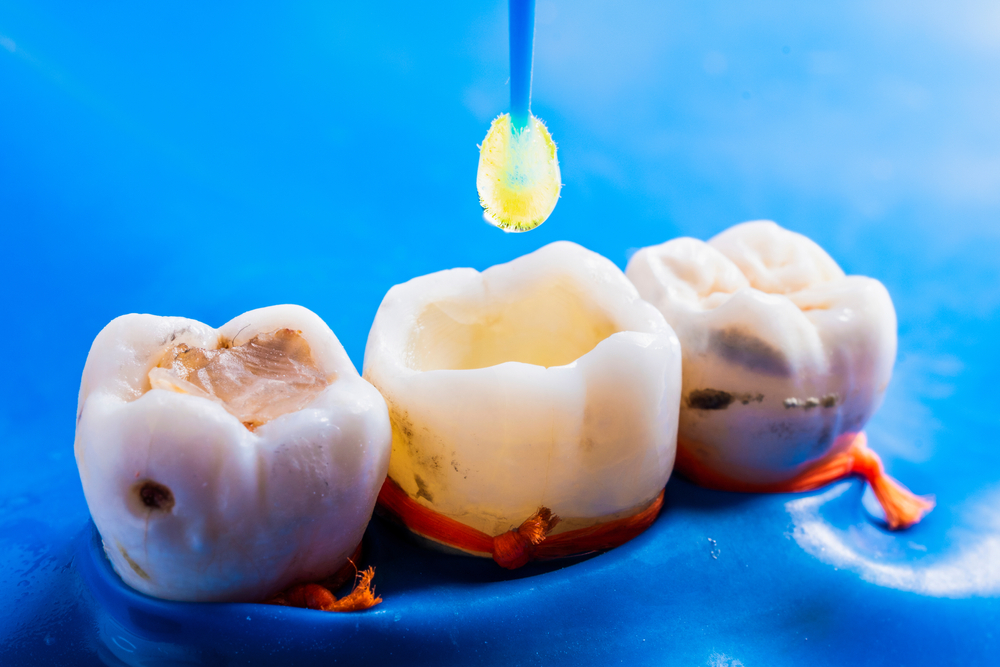
When it comes to dental procedures, ensuring the longevity and stability of dental work is paramount. One crucial component in many dental procedures, especially those involving crowns, is dental cement. But just how long does dental cement last, and what factors influence its durability? Let’s delve into the world of dental cement to understand its role, strength, and lifespan.
What is Dental Cement?
Dental cement is a versatile material used in various dental procedures to bond prosthetic devices, such as crowns, bridges, and veneers, to natural teeth. Composed of various materials like resin, glass ionomer, or zinc oxide, dental cement acts as a reliable adhesive, securing dental restorations in place while providing stability and strength.
Types of Dental Cement:
There are different types of dental cement tailored to specific dental applications. For crowns, two common types of dental cement are often used: permanent dental cement and temporary dental cement.
– Permanent Dental Cement: As the name suggests, permanent dental cement is designed to provide long-term bonding for dental crowns. It offers excellent durability and strength, ensuring the crown remains firmly attached to the tooth for years to come.
– Temporary Dental Cement: Temporary dental cement, on the other hand, is used as a temporary solution until a permanent restoration can be placed. While not as strong or long-lasting as permanent cement, it provides sufficient adhesion to keep the crown in place temporarily until a more permanent solution can be implemented.
How Strong is Dental Cement?
The strength of dental cement varies depending on factors such as composition, application technique, and the specific brand used. Generally, permanent dental cement offers superior strength compared to its temporary counterpart. Permanent cement forms a strong bond with both the tooth structure and the crown, providing reliable stability and resistance to forces exerted during chewing and biting.
Lifespan of Dental Cement
The lifespan of dental cement depends on several factors, including the quality of the cement, the patient’s oral hygiene habits, and the level of wear and tear experienced by the restoration. While permanent dental cement is designed to last for many years, it’s essential to remember that no dental restoration is entirely immune to damage or degradation over time.
With proper care and regular dental check-ups, dental cement for crowns can last anywhere from five to fifteen years or even longer in some cases. However, factors such as decay, trauma, or changes in the underlying tooth structure can impact the longevity of the restoration and may necessitate repair or replacement.
In conclusion, dental cement plays a crucial role in ensuring the stability and longevity of dental crowns. While permanent dental cement offers superior strength and durability, temporary cement provides a reliable short-term solution. Understanding the properties and lifespan of dental cement is essential for maintaining optimal oral health and preserving the integrity of dental restorations for years to come.
